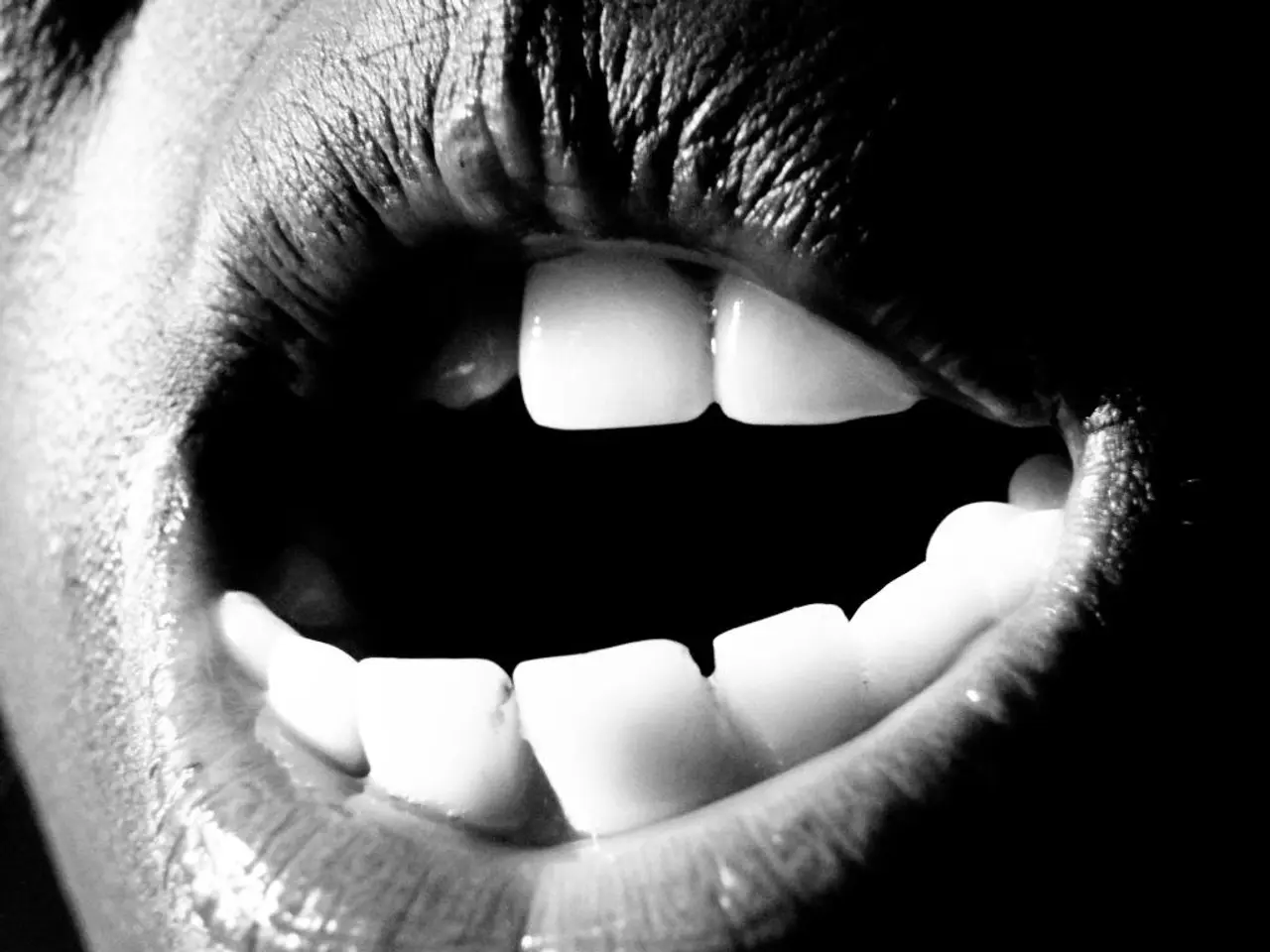Invisalign Treatment Potentially Leading to Sore Throats?
A sore throat is a common complaint among individuals undergoing Invisalign treatment, and understanding the causes can help alleviate discomfort. This article explores the potential reasons for a sore throat during Invisalign treatment and offers preventive measures to manage or avoid it.
The primary causes of a sore throat associated with Invisalign are dry mouth and irritation from the aligner material. Invisalign trays partially cover the teeth and gums, which can interfere with natural saliva flow, leading to dry mouth. Reduced saliva production can cause a dry, irritated throat or sore throat sensation. Additionally, some patients may experience allergic reactions to the plastic material of Invisalign aligners, resulting in irritation, redness, swelling, or itchiness inside the mouth or throat, which can manifest as a sore throat.
Another potential cause is the development of canker sores or oral ulcers. These painful sores can appear inside the mouth or throat area and cause a sore throat sensation during treatment. Furthermore, if oral hygiene is compromised or if tooth infection occurs during treatment, it may spread to tissues surrounding the throat, causing swelling and soreness.
Preventive measures to manage or avoid a sore throat during Invisalign treatment include maintaining good hydration, practicing excellent oral hygiene, using saliva substitutes or mouth rinses, avoiding allergens or irritants, and managing discomfort with over-the-counter remedies. Drinking water regularly helps keep the mouth and throat moist, alleviating dry mouth symptoms caused by aligners and reducing sore throat risk. Proper cleaning of aligners, teeth, and your mouth reduces bacterial buildup and the risk of infections that may lead to throat soreness.
If dry mouth persists, using moisturizing mouth rinses or saliva substitutes can help protect the mucous membranes of the mouth and throat. If you suspect an allergic reaction to aligner material, consult your orthodontist. They can check for fit issues or discuss alternative materials or treatments. Mild pain relievers may be used to ease irritation or headaches related to Invisalign pressure, but persistent symptoms should be evaluated by a professional.
Regular dental check-ups are essential for continuous monitoring of your oral health and comfort throughout the orthodontic process. This ensures any complications like infections or severe irritation are addressed promptly. In rare cases, the materials used to create Invisalign aligners could cause an allergic reaction, so it's crucial to maintain open communication with your dentist or orthodontist.
In conclusion, dry mouth and irritation from the aligner material are the main causes of sore throat linked to Invisalign treatment. Preventive measures focus on hydration, hygiene, monitoring for allergic reactions, and professional follow-up to maintain oral health and comfort throughout the orthodontic process. By following these guidelines, patients can minimize the risk of a sore throat during Invisalign treatment and enjoy a more comfortable journey towards a straighter smile.
Food intake should be balanced and nutritious to support overall health-and-wellness and boost immunity, ultimately helping patients fight off any potential infections that could exacerbate a sore throat during Invisalign treatment.
Skincare routines and fitness-and-exercise regimens also play an essential role in ensuring a patient's well-being. Adequate sleep, mental-health self-care, and regular exercise can aid in recovering from fatigue, reducing stress levels, and boosting the immune system, making it less likely for patients to develop throat discomfort due to weakened immunity.
In addition to preventive measures for a sore throat, patients should follow the recommended oral hygiene practices to maintain optimal skin-care around their mouths. Adopting a gentle brushing technique, using fluoride toothpaste, flossing daily, and rinsing with an antiseptic mouthwash can help lower the risk of infections and expedite healing for any oral sores that may occur during treatment.
Moreover, communication with healthcare professionals, such as dentists, orthodontists, and family physicians, is vital for addressing any concerns that arise during Invisalign treatment, including potential sore throat issues. It's essential to discuss any known dental allergies or sensitivities and diligently follow professional recommendations for dealing with related symptoms.
Lastly, incorporating holistic health practices can further support patients when experiencing a sore throat or other discomforts throughout their Invisalign journey. This may include stress-reduction techniques, hydrating with herbal teas, and applying cold compresses for relief. By adopting these practices, patients can improve their chances of achieving a more positive and comfortable experience with Invisalign treatment.




